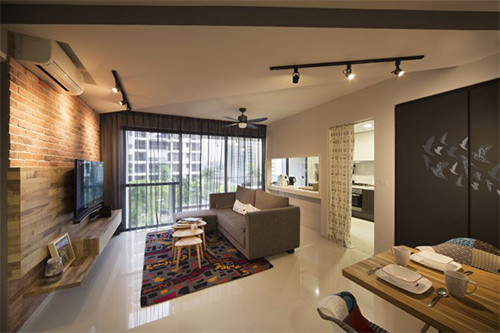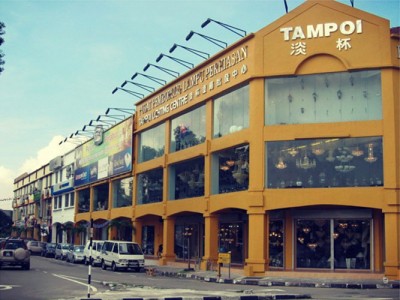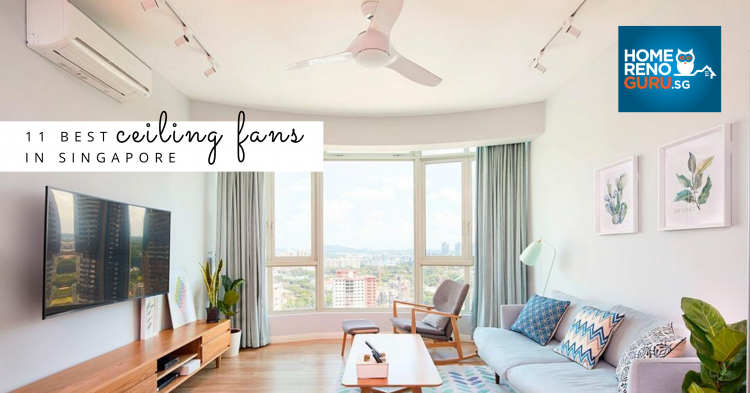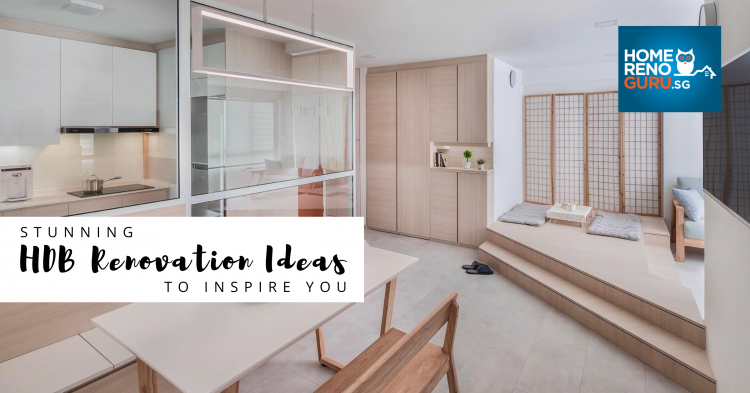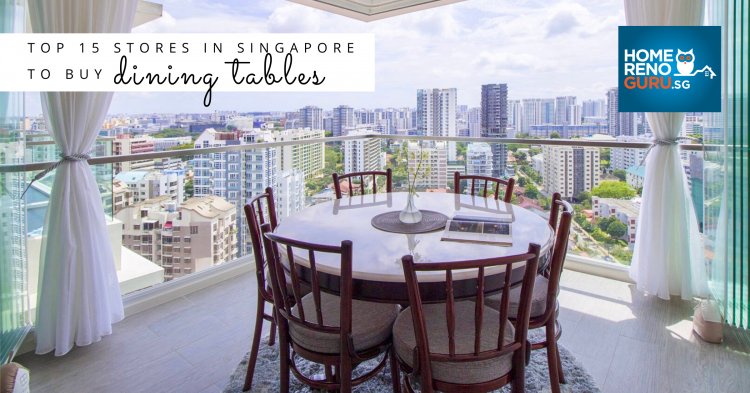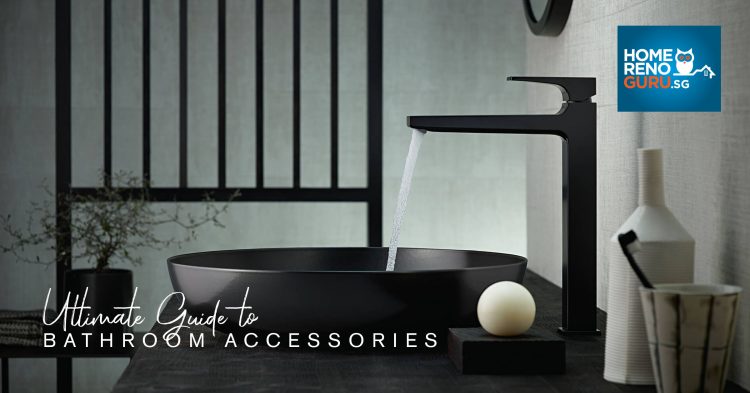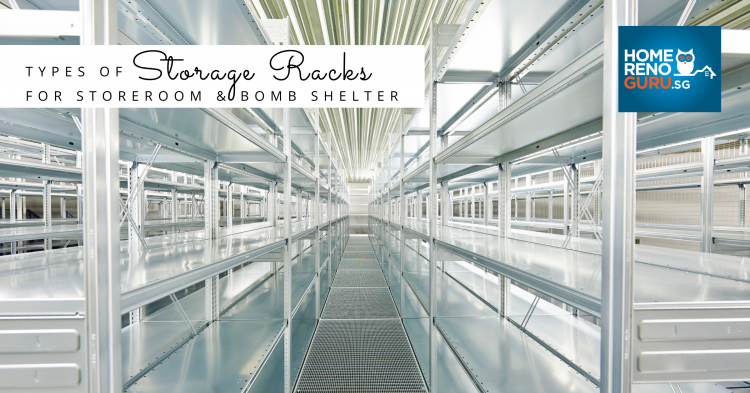
We’ve all heard the talk about the rise of the eco-citizen, green being the new black, and so on and on… But in cost-conscious Singapore, are we sincere in our quest for the green life, or simply jumping on and off the eco-bandwagon when it suits us (and our pockets)? We asked the experts.
A SPLIT JURY
There was no unanimity among the three leading interior design firms we asked to give their opinions on the environmental consciousness of Singaporean homeowners.
Vincent Neo, Managing Director of Weiken.com, a leading interior design company that is almost a household name in Singapore, believes that “a small percentage only” care about the environmental impact of their purchase and design decisions during renovations.
Yet Simon Tham, the Marketing Manager of Home Guide Design & Contracts Pte Ltd, disagreed. “Nowadays owners drill down to the details of how every material will impact on the environment,” he shared.
Erin Tan, General Manager of Vegas Interior Design Pte Ltd, took the middle ground. “With the active and vigorous promotions done by our government, most locals are attuned to the eco-friendly concept but sad to say not many are totally receptive toward the notion,” said Erin.
Whether the most cynical or optimistic assessment of Singaporeans’ ‘greenness’ applies, there is undoubtedly a growing awareness of the environmental factors associated with renovations and construction in general. This is largely thanks to the concerted and commendable efforts of Government bodies such as the Green Mark scheme implemented by the Building Construction Authority (BCA), and the Tick Rating System administered by the National Environment Agency (NEA).
MORE PRESSING CONCERNS
If the environment is not uppermost in homeowners’ minds, then what is? When it came to answering this question, we had a consensus. It’s a four-letter word – can you guess?
Cost.
With the cost of living rising in the world’s most expensive city (according to the Economist Intelligence Unit survey), it’s not surprising.
However, the good news is, engaging a company to renovate your home here in Singapore is surprisingly affordable compared to what it would cost you in most developed countries. There are a whole list of factors explaining why this is so. They include the uniquely competitive renovations market in Singapore, where many are willing to spend on engaging an interior design firm to navigate HDB regulations and save precious time (a very limited commodity here in the little red dot), and the affordability of foreign labour. But that’s a whole separate conversation.
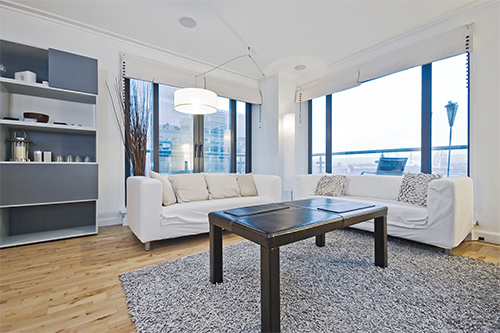
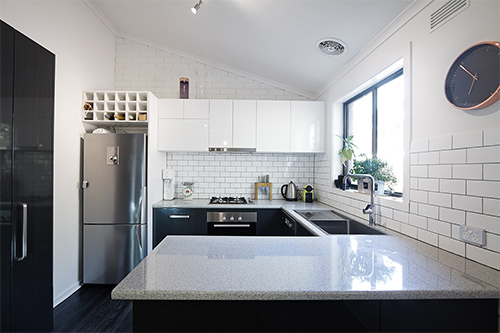 >
>After the top priority of cost, local homeowners’ highest priority is health. Here’s where the outlook gets rosier. It’s good news not just for people but, if we look at the bigger picture, our little island nation and the entire planet.
LINK BETWEEN INDIVIDUAL HEALTH AND ENVIRONMENTAL HEALTH
Several touchstones of occupant health are interchangeable with those of environmental health. Take Volatile Organic Compounds (VOCs). Environmental watchdogs have raised public awareness of the dangers of VOCs. Closer to home, Nippon Paint has taken the lead among paint companies in educating the public on the perils of paint odour, as an indicator of the presence of harmful VOCs.
The human health risks of VOCs are well documented, and range from headaches and nausea to asthma, lung disease and suspected links with certain types of cancer. In addition, most VOCs produce ozone, which contributes to the formation of smog. Around the world, health officials recommend that the elderly, very young and those with asthma avoid outdoor activity on days when smog is present.
Aside from the detrimental effect on our health, excessive ozone levels damage the ecosystem, retarding plant growth and crop yields. Architectural coatings such as paint and sealants, as well as adhesives, account for a significant percentage of VOC emissions from all consumer and commercial products.
So, you see, Singaporeans’ preoccupation with the health of their loved ones is also benefiting the health of the environment, intentionally or not.



